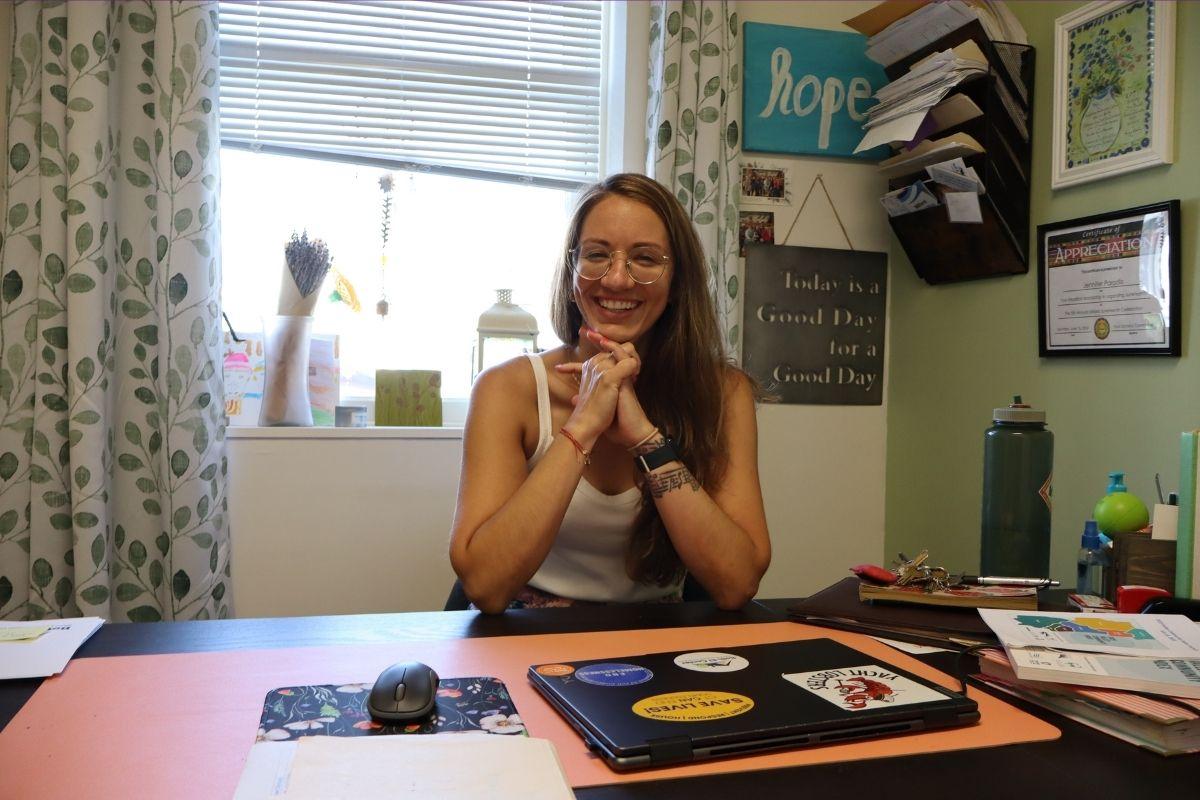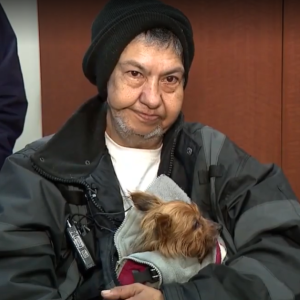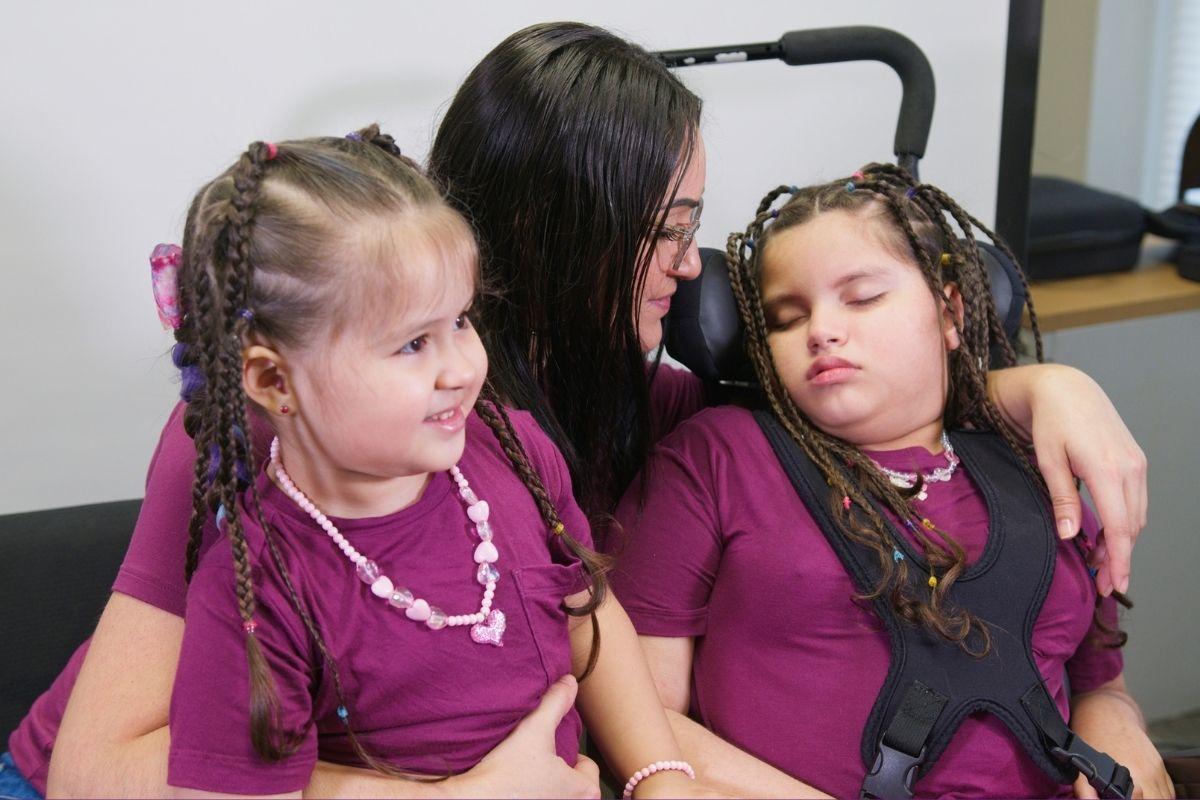The Basic Needs Lifeline: A Conversation with Jenn Paradis

Jenn Paradis is the executive director of Beth-El Center located in Milford, an organization offering emergency food and shelter programming, and a grantee partner for the Community Foundation’s Basic Needs Fund.
While at a recent roundtable with fellow Greater New Haven service providers and Basic Needs Fund grantees, Paradis shared her perspective on the gaps she observes not only in resources across organizations, but in the public understanding of homelessness. We sat down with Paradis to discuss how we can reimagine basic needs and how they are met.
Walk us through an average client experience at Beth-El, from first contact onward.
While every guest's journey is unique, there are common themes across the stories we hear. Our basic needs services — such as twice-daily meal offerings in our community kitchen, our no-freeze winter shelter and public showers — are high-volume entry points into deeper engagement with our programs. For example, guests may eventually enter our emergency shelter program, which often has long waitlists. While waiting for more stable housing, guests can maintain their dignity and well-being through access to meals and hygiene services.
As they engage with staff, guests are connected with resources tailored to their specific needs, whether it be rapid rehousing, permanent supportive housing or another pathway. Along the way, they may also access additional on-site services such as medical care, spiritual support, tenant education and civic engagement.

Related: Hear directly from one client, Ricky Gonda.
What are some of the most fulfilling moments of your day or week?
There are SO MANY! As I write this, I hear a new shelter guest making a plan for his evening. He says, “I can’t remember the last time I could plan anything.”

There are big wins too, like reducing shelter lengths of stay by nearly two weeks, which allows us to serve more households. Or serving 100 meals at a recent Community Kitchen – double the number served in 2023 – and having enough food and volunteers to meet that need.
Ultimately, it’s a great day when our guests feel better after engaging with us and when our community feels stronger in its shared commitment to housing for all, guided by Beth-El Center’s leadership.
What do you want the broader public to know? What do you think is often missing in public understanding about the work you do, or about your clients and their needs?
The fact that many people can close their eyes and picture the same stereotypical image of someone experiencing homelessness reveals how much we’ve failed to educate the public about the broader realities of homelessness.
Every day, we hear dozens of different stories about how people became unhoused—and no two are the same. Homelessness can be caused by house fires, natural disasters, poverty, a broken social safety net, or a shortage of housing units. Today, economic pressures are driving more people into homelessness. Wages are not keeping up with the rising cost of housing, and our housing market is increasingly privatized.
According to the National Low Income Housing Coalition’s 2025 Out of Reach report, there is no place in the U.S. where a full-time, minimum-wage worker can afford a two-bedroom apartment. In Connecticut, a person earning $16.35/hour would need to work 70 hours a week to afford a modest one-bedroom rental at Fair Market Rent.
While homelessness is often caused by broad environmental and economic forces, its impacts fall most heavily on vulnerable populations – those living with physical or mental disabilities, people of color, members of the LGBTQIA+ community, older adults and children. These groups are overrepresented in the homeless population.
Ultimately, we want the public to understand that homelessness is not a personal failure; it is the result of systemic issues in our economy and housing systems. And when large groups of people are left behind, the entire community suffers – socially, economically and morally.
Give to the Basic Needs Fund
